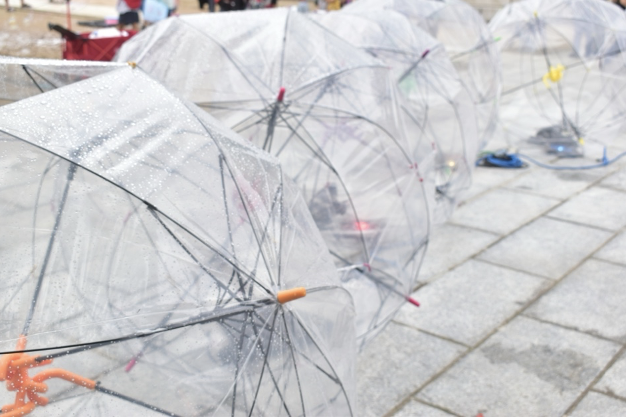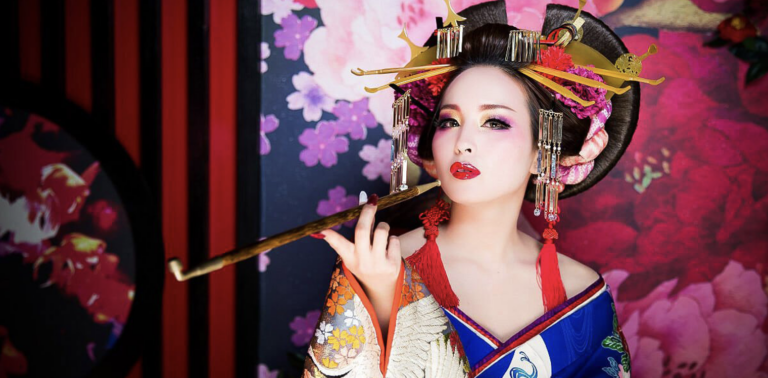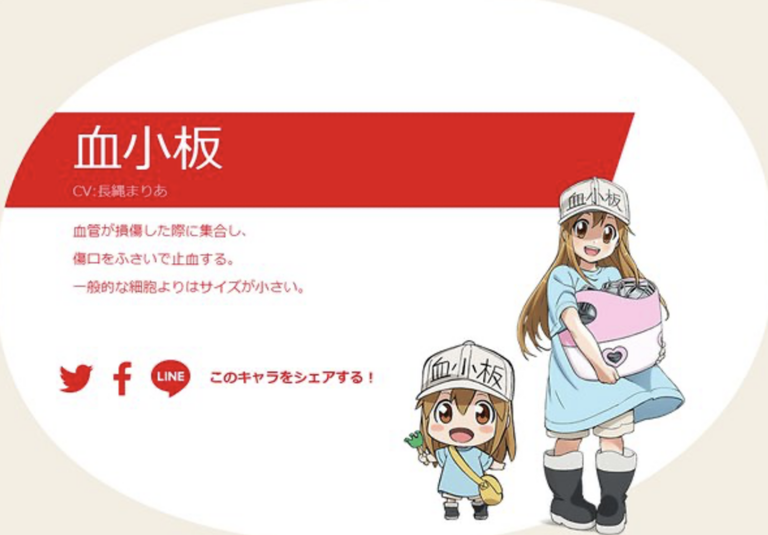The Japanese thinking of “necessary evil” (hitsuyo aku). You are not judged a bad person just because you have broken the law!
Thievery and murder are evil. However, there used to be a concept of “necessary evil” in Japan, in which people thought a crime was okay if it was for the better good.
Let’s take a look at what acts were regarded as necessary evils. Were those who were doing things regarded as “necessary evils” actually doing good?
Nezumi Kozo
Famous thieves appeared in the Edo period, when samurai ruled Japan. At this time, Japan was a country where the gap between rich and poor was so great that some of the rich did evil deeds and increased their own money even to the detriment of others.
Nezumi Kozo (the nickname of Jirokichi Nakamura) is said to have stolen money from only such “bad rich people” and distributed the money to the poverty-stricken.
The story spread through novels and other media and was praised throughout Japan as an example of a necessary evil, but in reality, he spent most of his money on his entertainment. Unfortunately, it seems that his acts were not deemed necessary evils.
The money he stole was about 40 million yen in current value. He may have distributed a little of the remaining money he spent on himself to the poor, but in the end, he was executed.
The Yakuza
Organized violent groups in Japan are called “yakuza”. In this sense, they are the same as the mafia abroad. However, they were originally the parental figures in each locality, the people who would deal with any problems that the police or the state could not deal with. Of course, not all yakuza were like this.
They were also a necessary evil. However, this changed when the number of yakuza organizations began to increase, and they started to fight for power.
To pursue further profits, they have also expanded into drug trafficking and so on. Their numbers have been drastically reduced by the police. The state took the lead in thoroughly eliminating relations between the yakuza and the general public.
If you are identified as a yakuza, you cannot borrow money or have a bank account, and you are forced into a situation where it is difficult to make a living, and more and more of them are going out of business.
The decrease in the number of yakuza means that there are fewer scary people on the streets, which has led to situations where young people who get carried away misbehave, or foreign mafia do as they please in Japan.
The question remains as to whether the yakuza’s aspect as a necessary evil was necessary for Japan’s social structure.
Shinto, an ancient Japanese religion, is characterized by a lack of distinction between good and evil. There is no heaven or hell, only a land of the dead. Because of this, there is the belief that “what you think is right”.
And since there are two sides to everything, there was a culture in which Nezumi Kozo and the yakuza were seen as evil in one aspect and good in another, and only the good parts were extracted and conveyed in novels, plays, and films.
But this is also not possible now. Good and evil are judged according to the law in Japan today. Necessary evils and unnecessary goods are now a thing of the past.
Do you think necessary evils are necessary?
ABE KENGO








